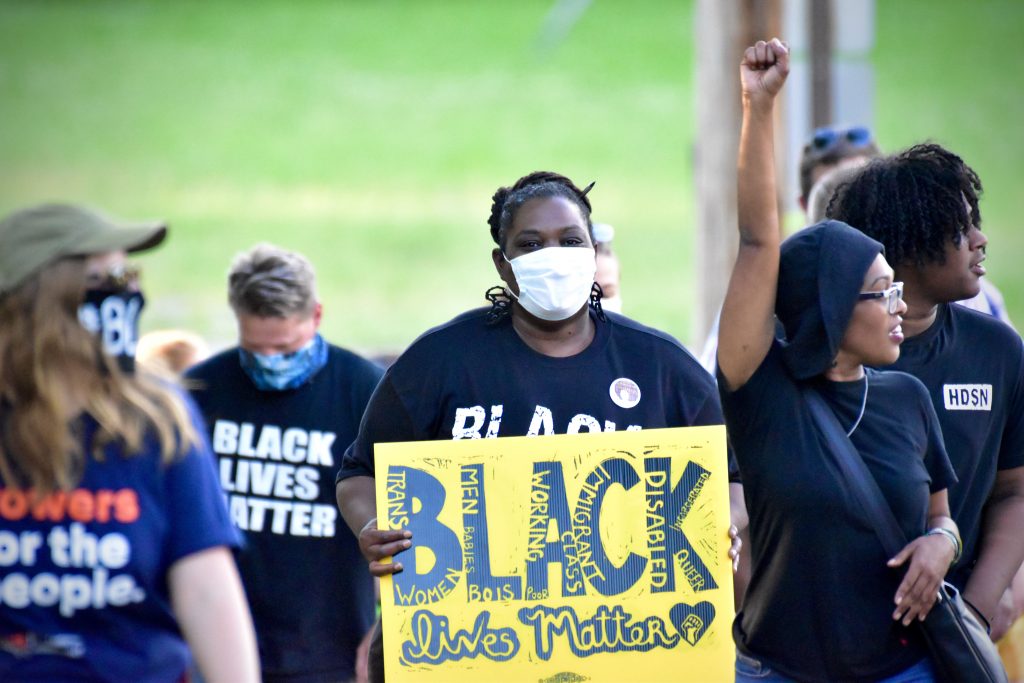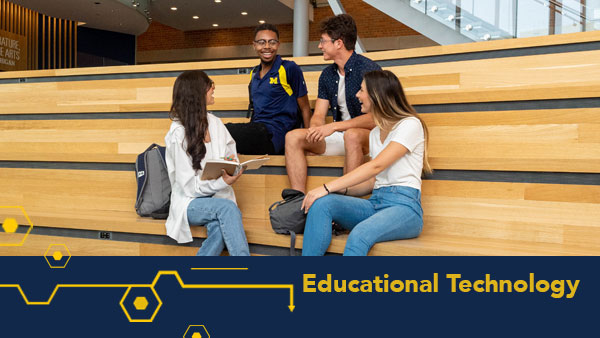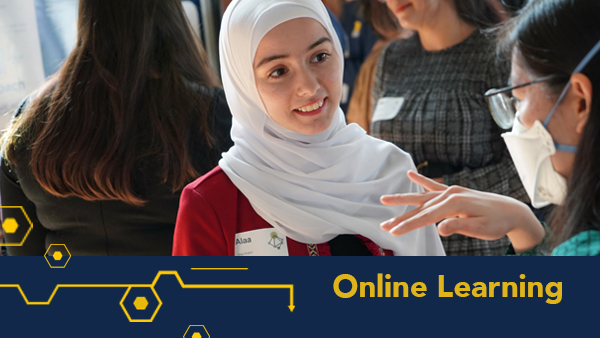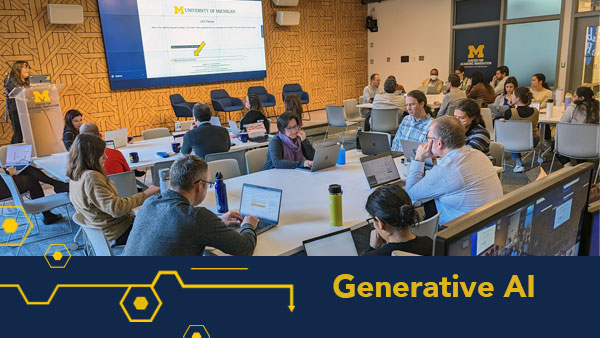
Online students used real-world events to understand course material and online forums to learn from each other
Joanna Jaimes, Course Advocate
The past year has brought on many challenges and shown us how quickly things can change. It also showed people could adapt and that changing circumstances doesn’t change a person’s desire to learn. This includes the intentional and thoughtful learning on the edX Social Work MicroMasters online courses, which has thrived during a disruptive year. The demonstrations and issues rippling through society helped engage and energize the course participants. They learned from real-world events and learned from each other at levels we had not seen before.
I joined the program as a course advocate in October 2019 and wanted to share some observations I have made in the last year and a half.
Learn More | School of Social Work MSW program
When the COVID-19 pandemic was becoming more prevalent worldwide, and as conversations about racial equity surfaced due to a spotlight on police brutality in the United States, I began to see a transition in the conversations happening in the six courses that make up the Social Work MicroMasters. The Social Work MicroMasters is an online certification program that allows individuals with three or more years of experience in human services to complete the MSW degree in three to six terms at the School of Social Work. Course Advocates are liaisons between learners, courses, and the university. As a Course Advocate, I facilitate questions about the program, probe learners with questions regarding the material, and troubleshoot on behalf of learners within the platform when needed.
Social work courses can lean heavily on theory, ask learners to analyze hypothetical scenarios and envision optimal solutions to social issues. Seeing these social issues play out on a nationwide scale in real-time helped learners connect with the material in the course in a new way. Many learners were personally affected by these issues or knew someone who was affected. The discussions among learners were rich with empathy for one another, grace and space for learning, with a push and pull as people shared opinions.
Fruitful conversations between learners have always existed on the edX platform. Learners engage with discussions and with each other frequently. This time the difference was the timing and context of topics within the courses, including diversity, inequality, accessibility, and justice. We can better connect to and understand ideas when we engage with examples of those ideas in practice. There was no denying the violence and inequalities broadcast on the nightly news. One prompt in the “Advocating Social Justice and Change” course asks learners to reflect on a timeline depicting the history of social work. Learners reflected on the beginning of the Black Lives Matter movement and the killings of Trayvon Martin and Michael Brown in 2012 and 2014, respectively. Learners connected the patterns of injustice from the past to the present as more violence surfaced.
The courses’ peer-to-peer learning model shined as these events, both global and local, unfolded. Peers were connecting with each other’s experiences, asking questions, and asking for help when needed. For example, there were conversations in the “Social Welfare and Policy” course about the importance of nonprofits and funding in times of emergency. Learners discussed using social media to bring awareness and activism in different forms, including petitions, mutual aid funds, shared book lists, and other recommendations for further learning. I saw the transformation over the course of the last year. Learners were, more than ever, able to apply the material they were learning in the courses to the global events as they were reading about them and experiencing them. I believe that the conversations will continue to grow richer and deeper as we uncover the lasting effects of these very real and important events.


